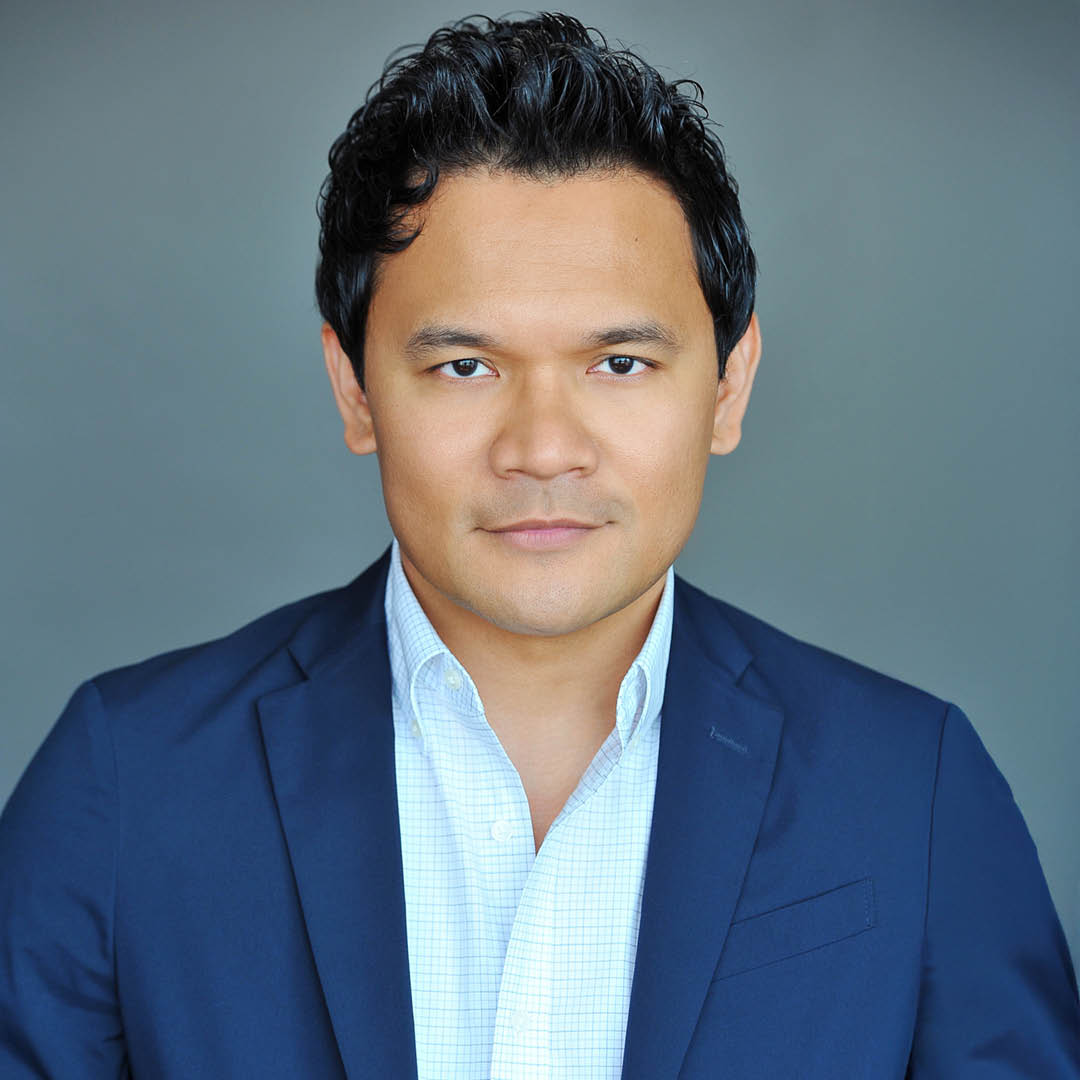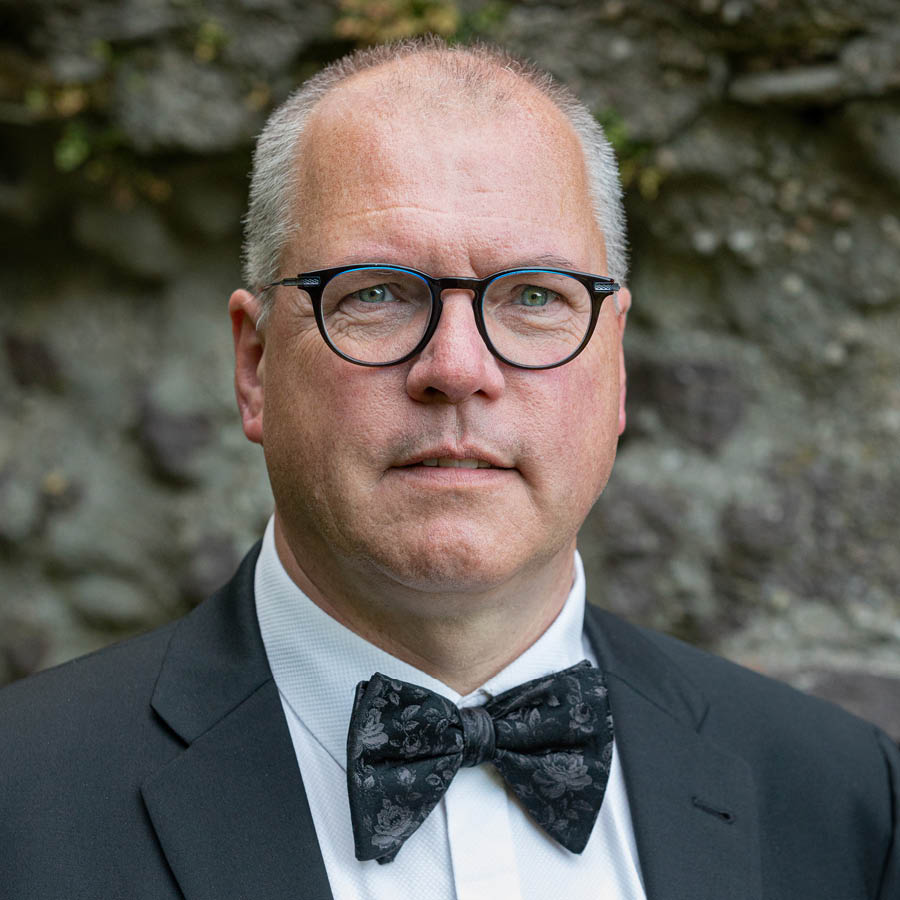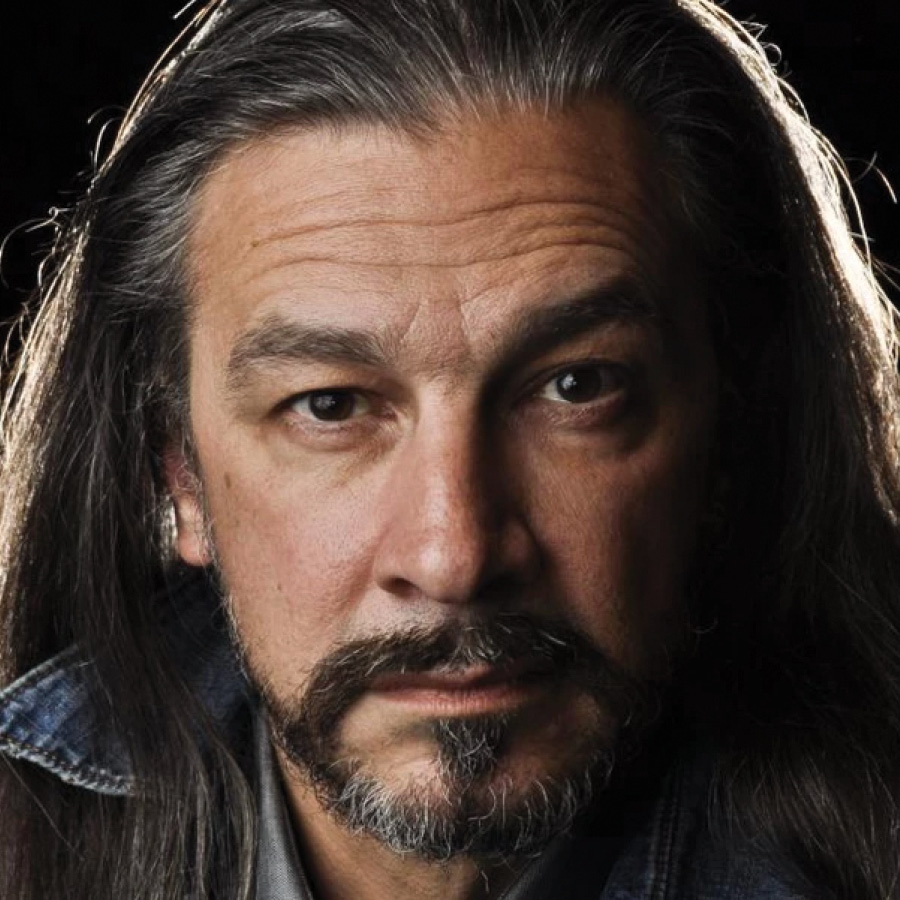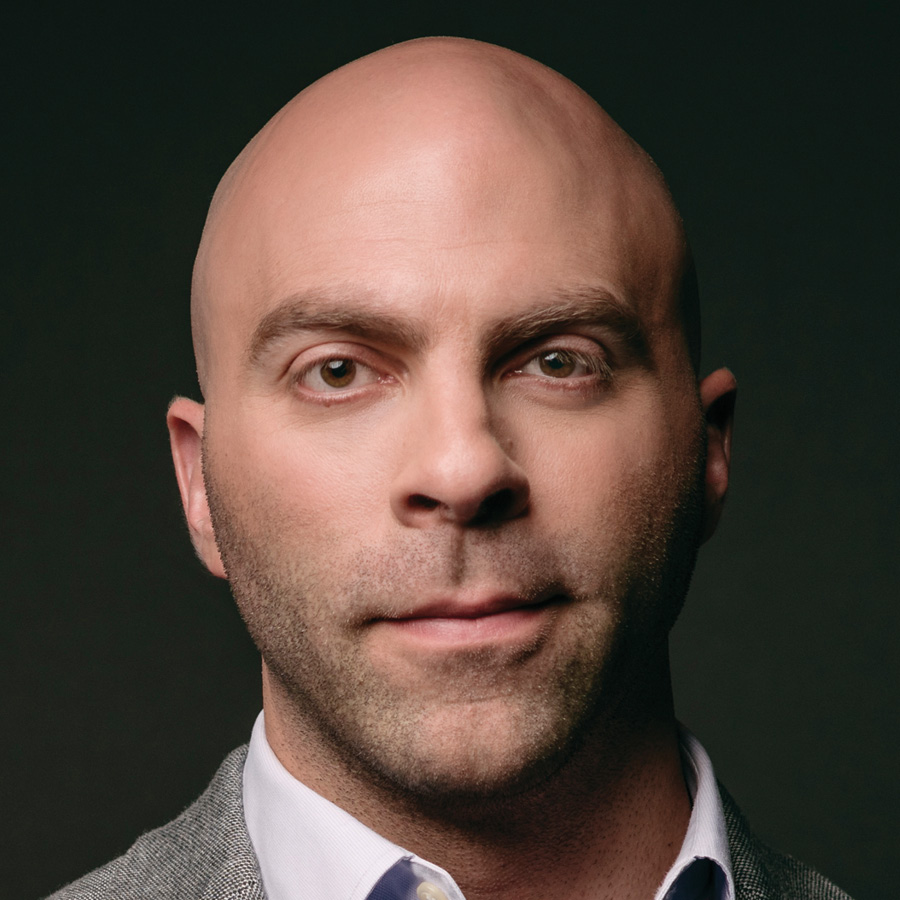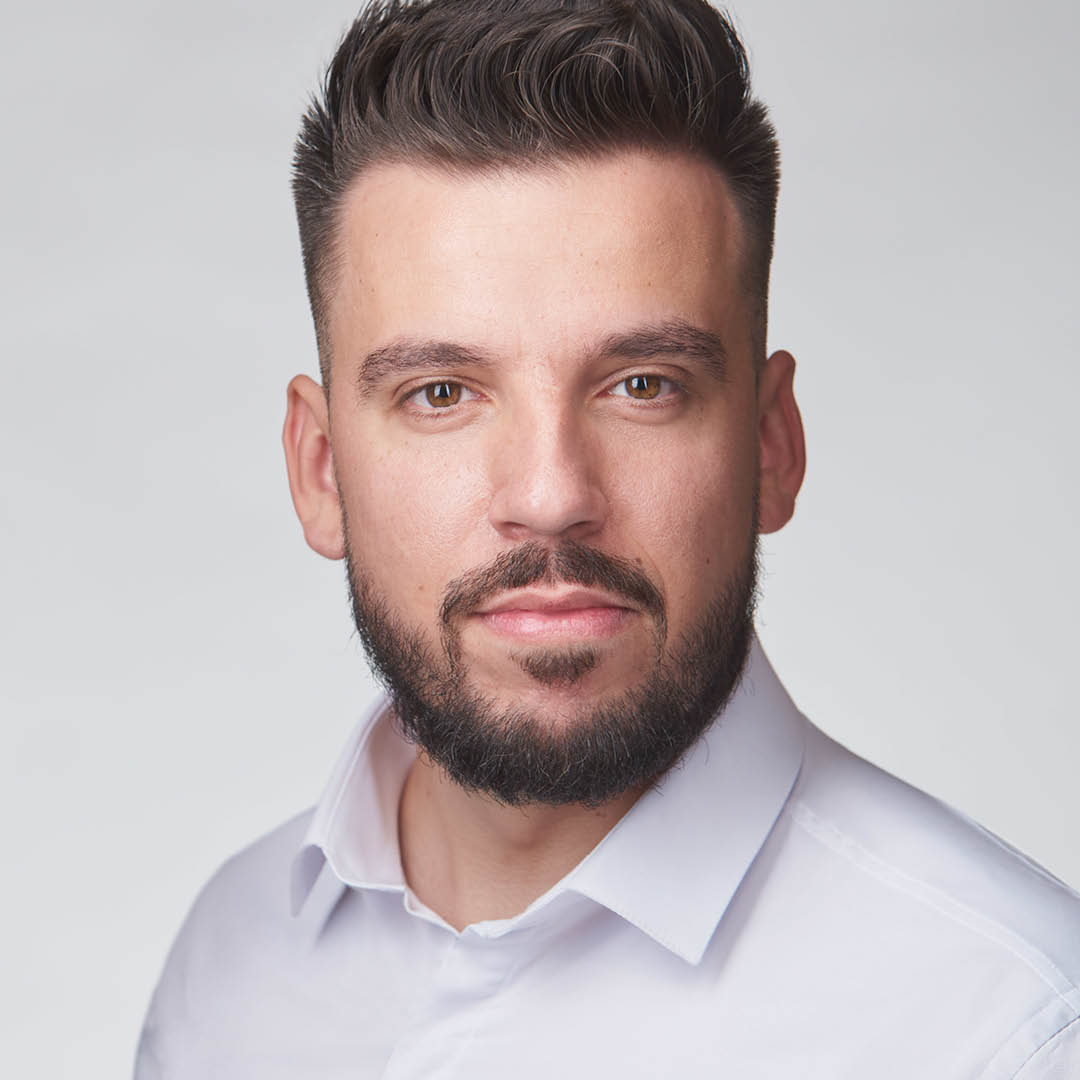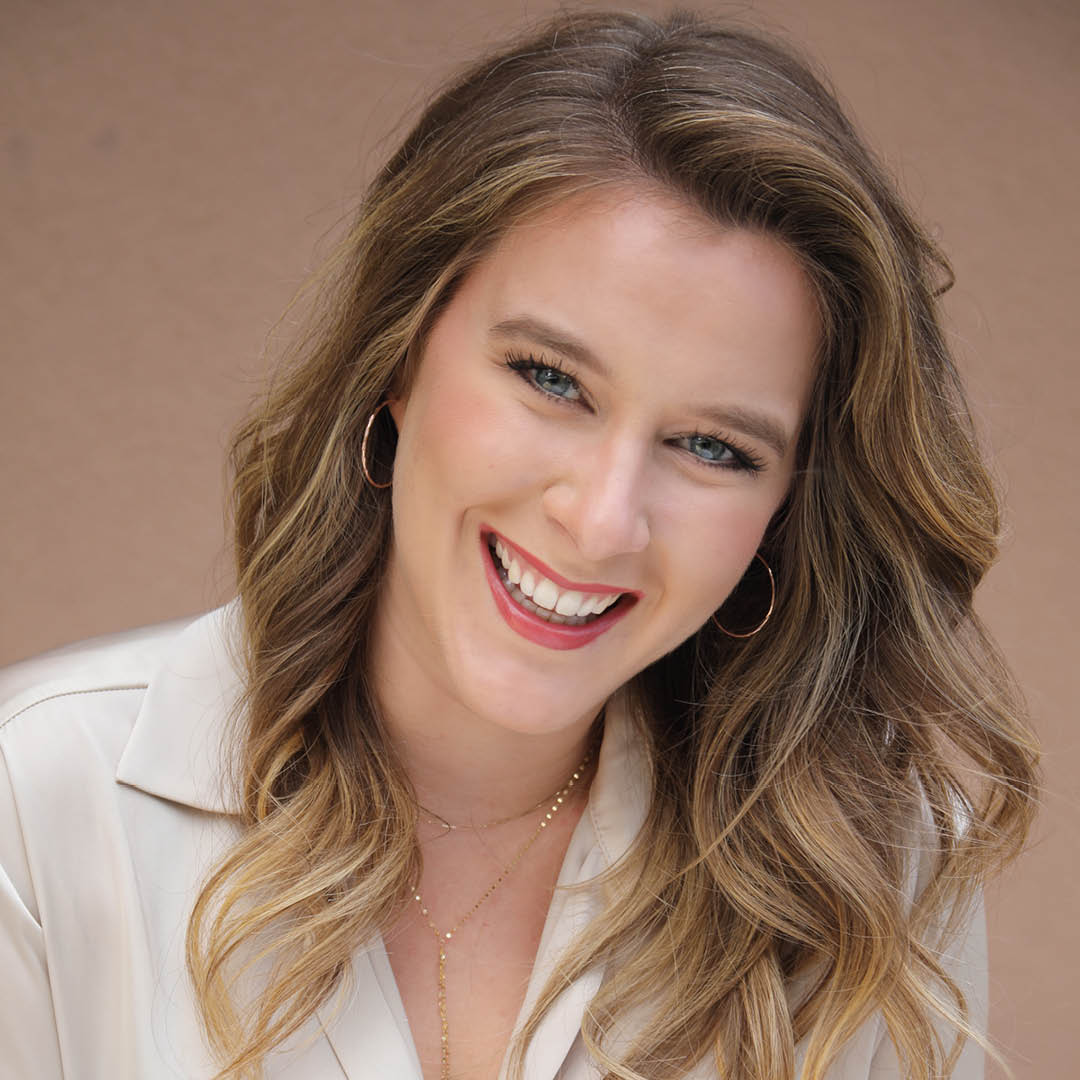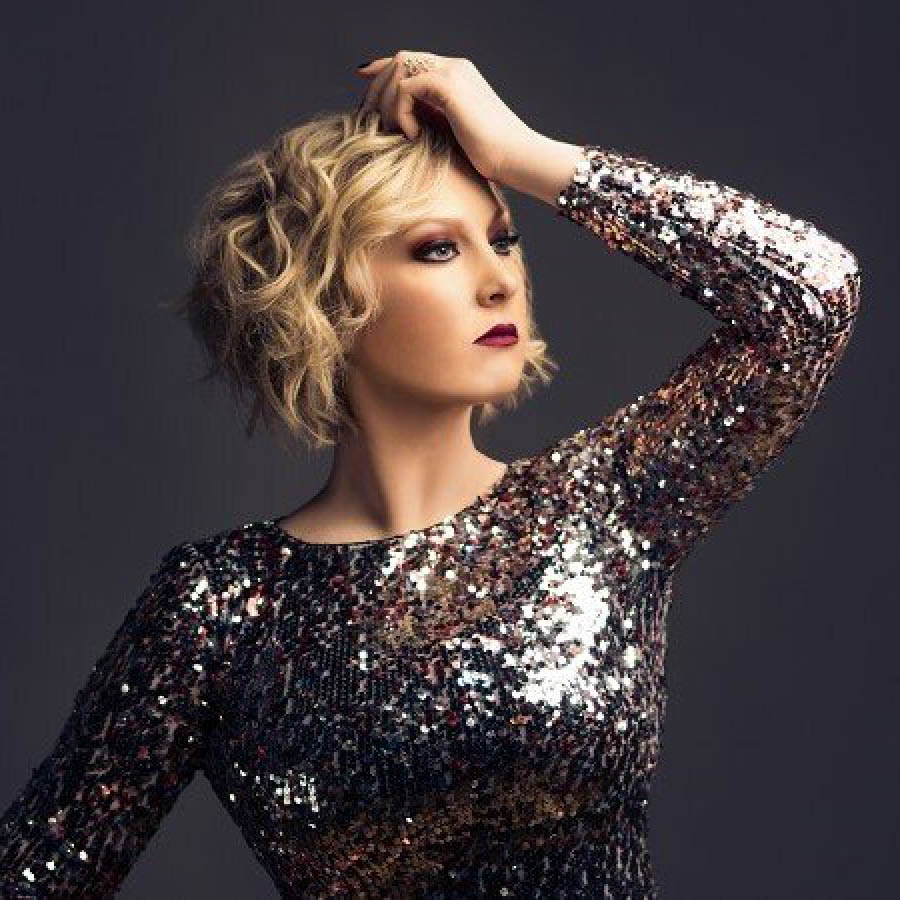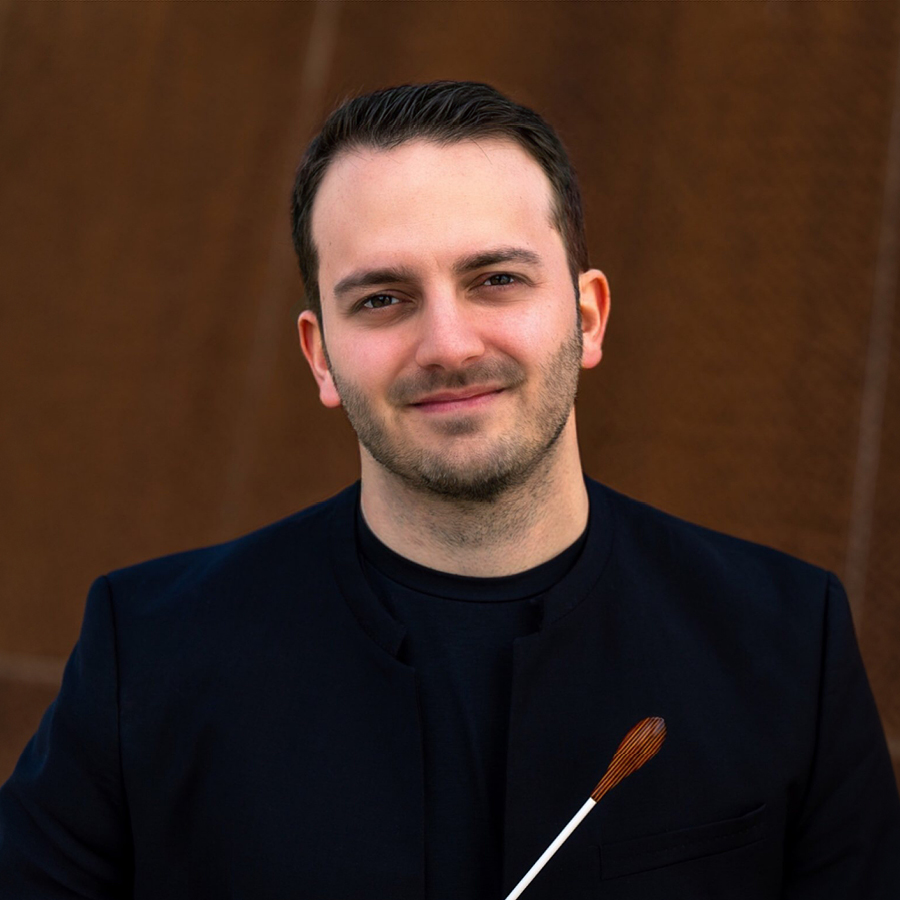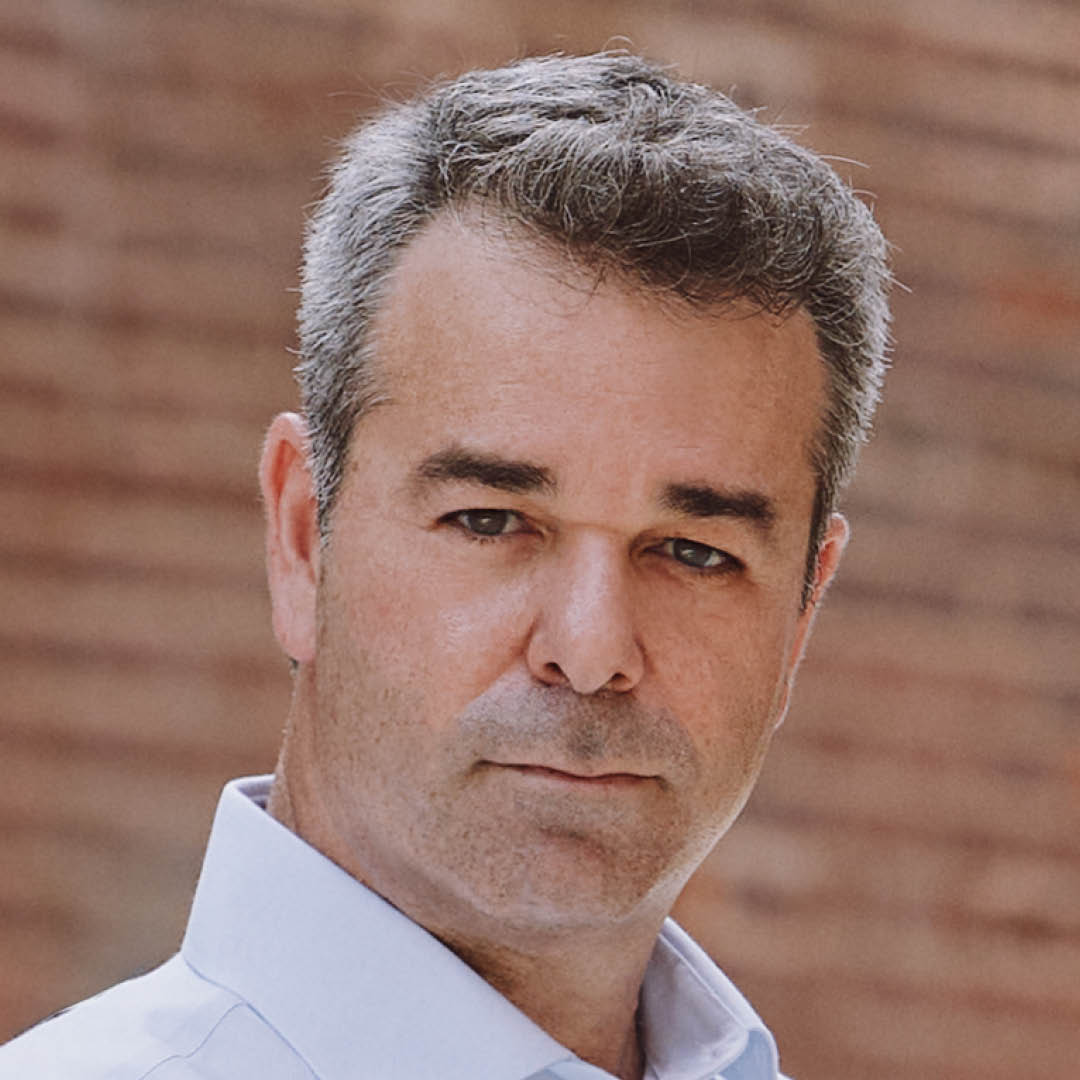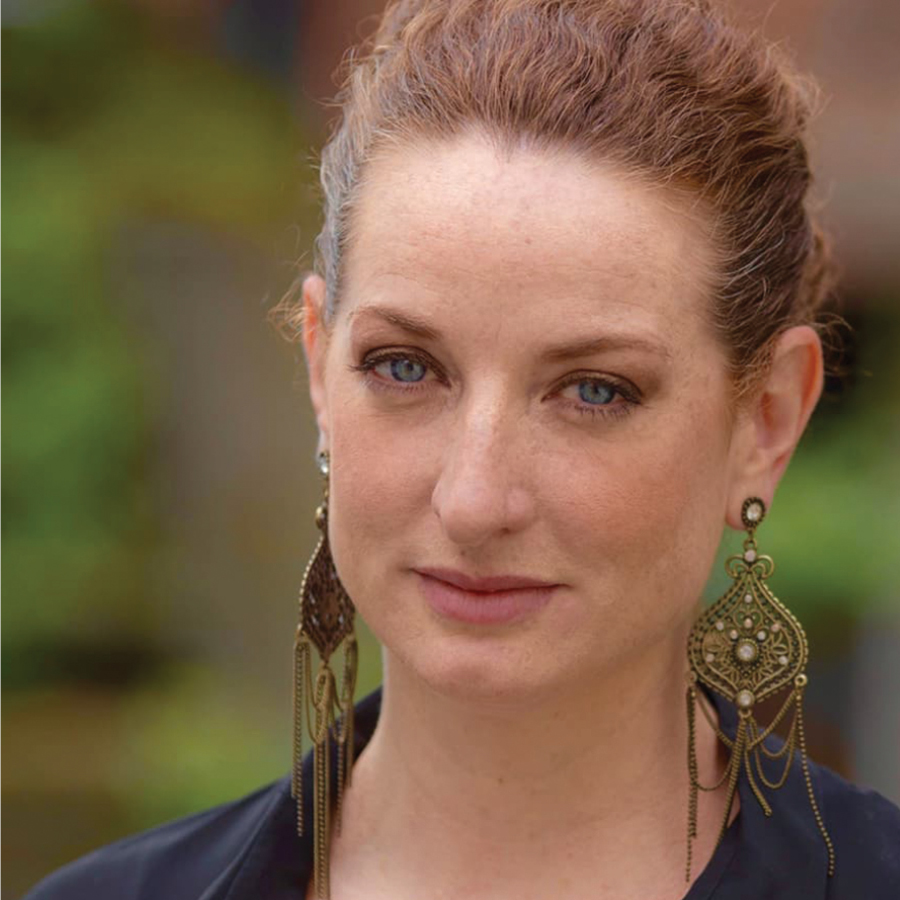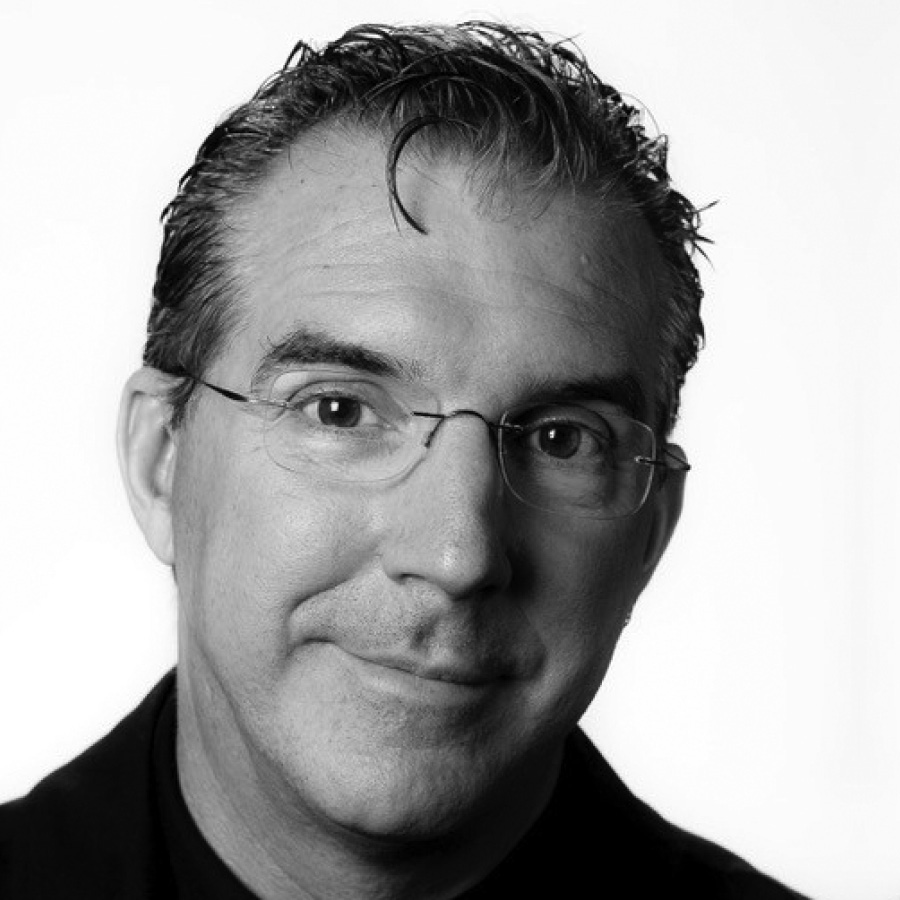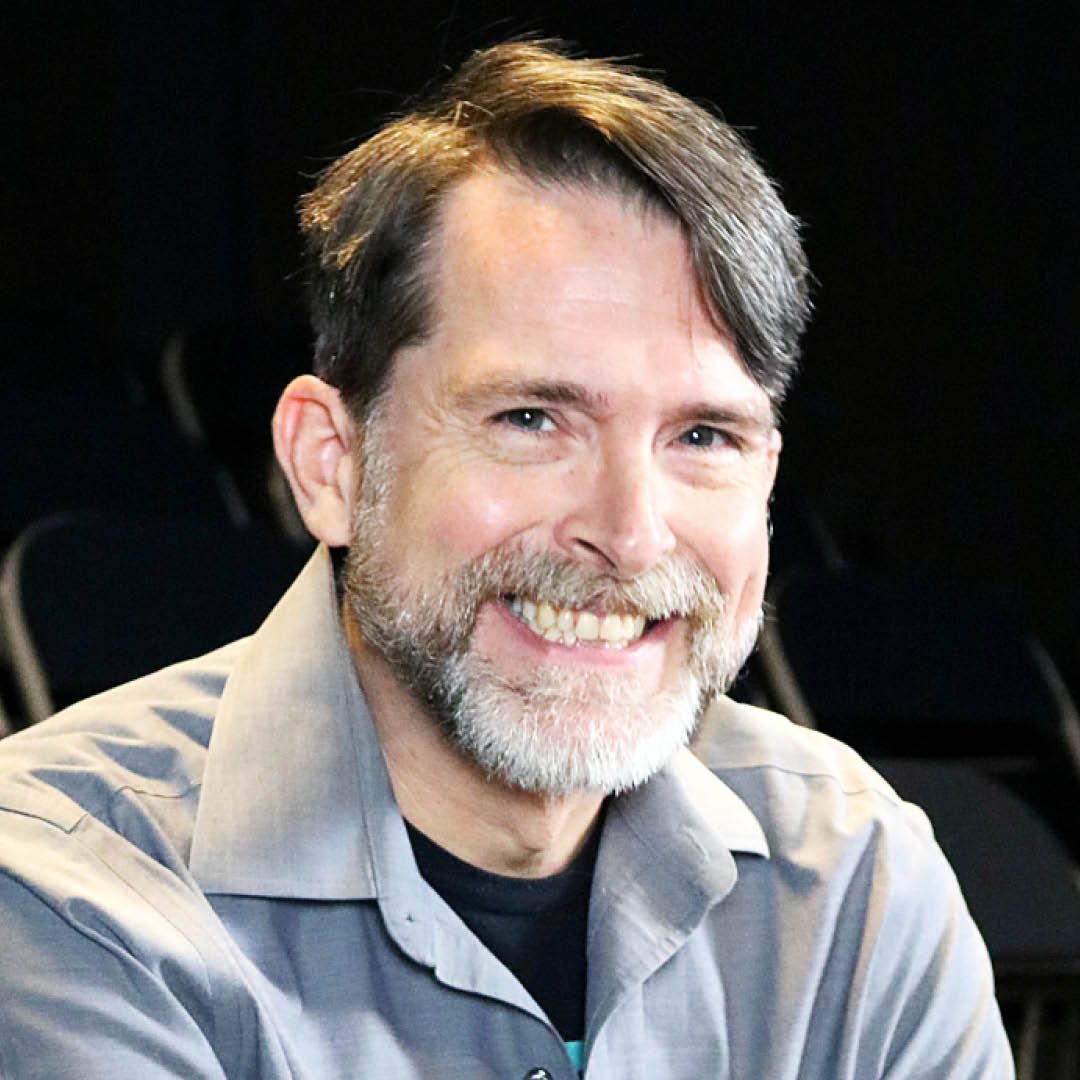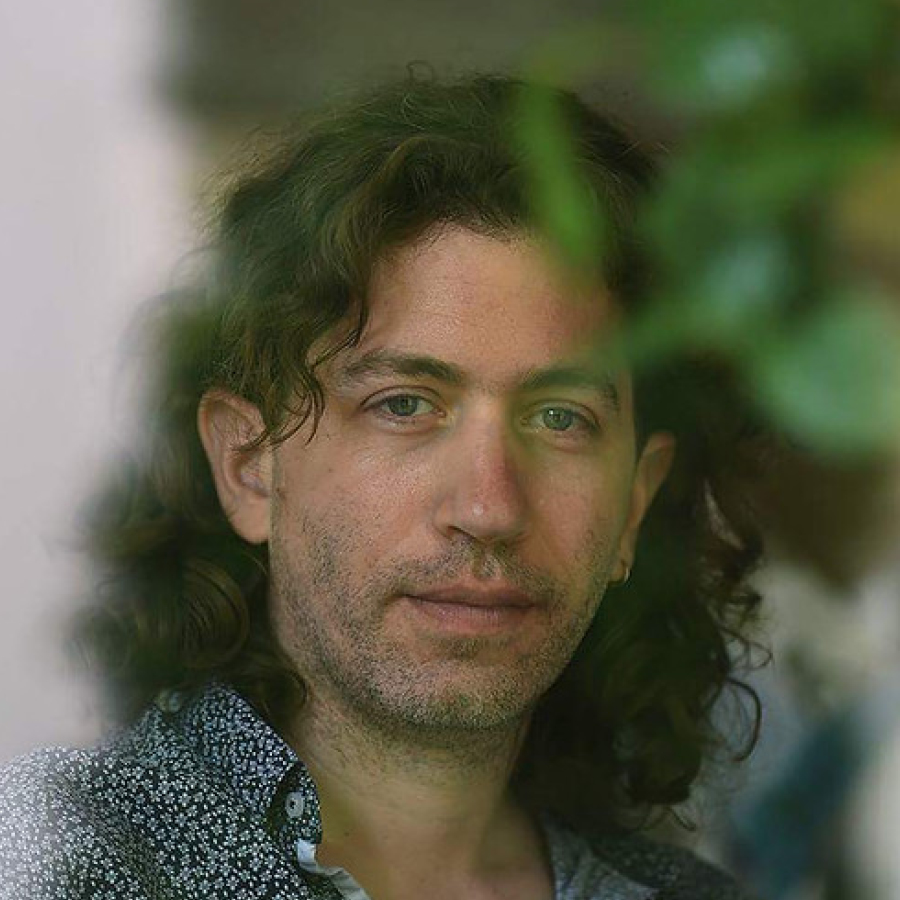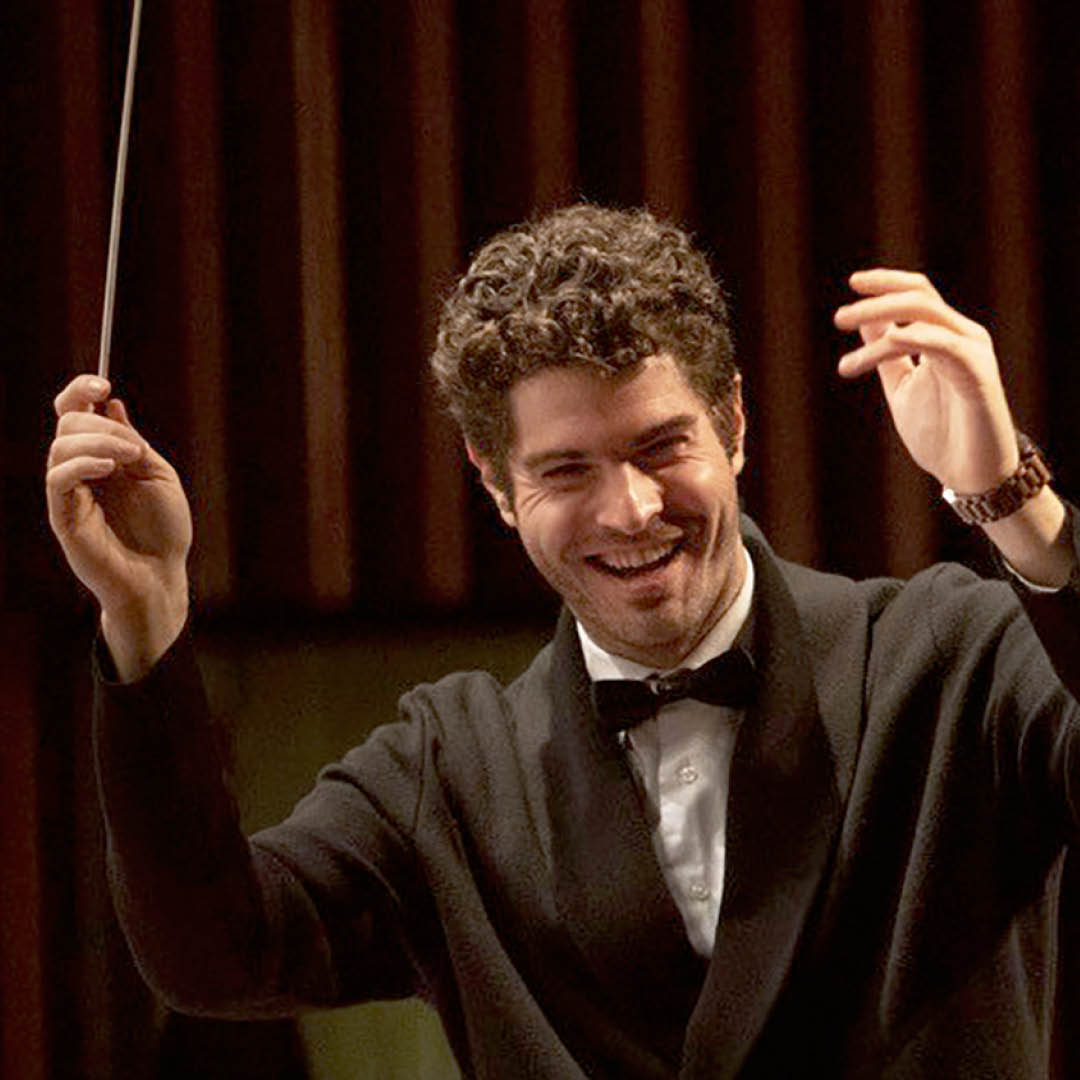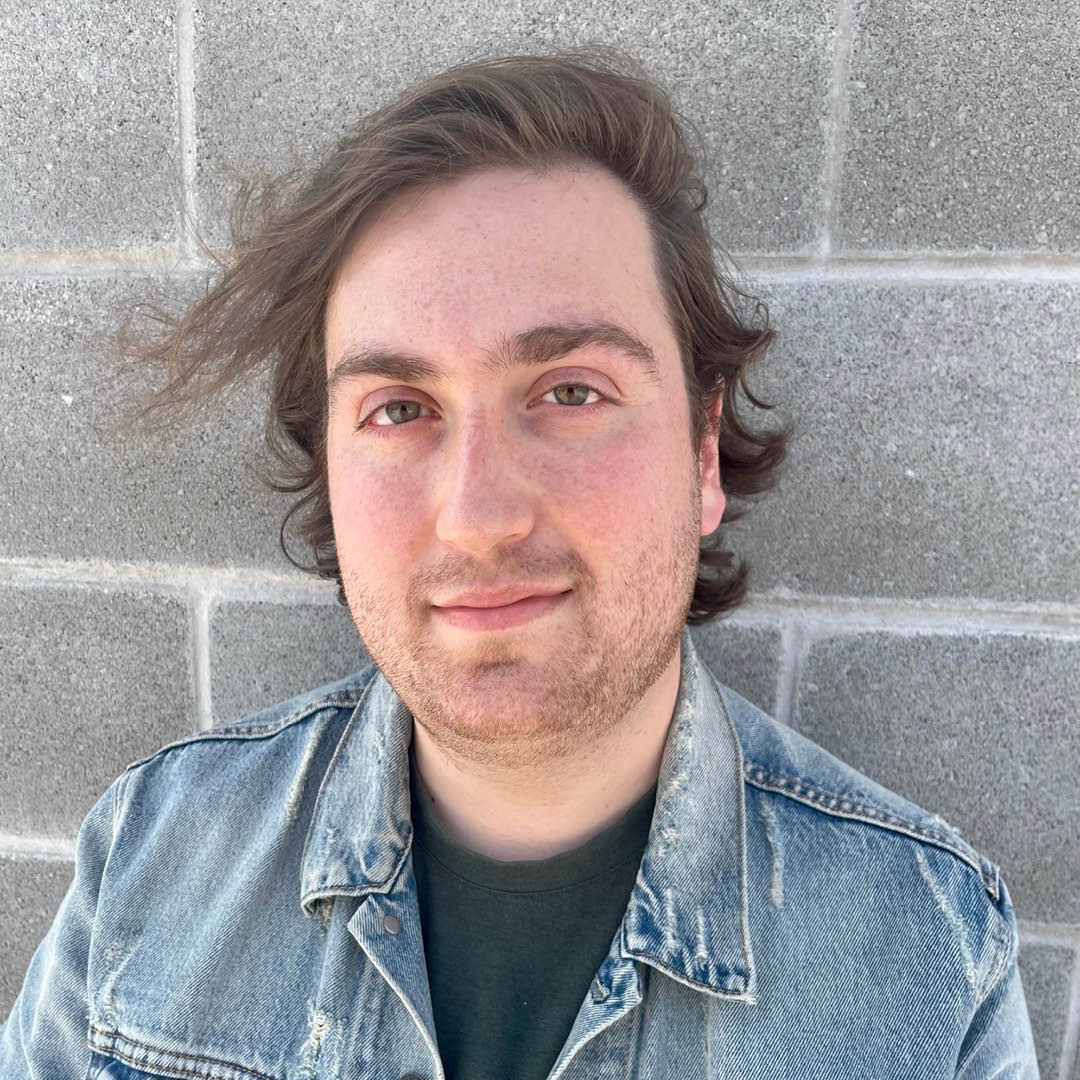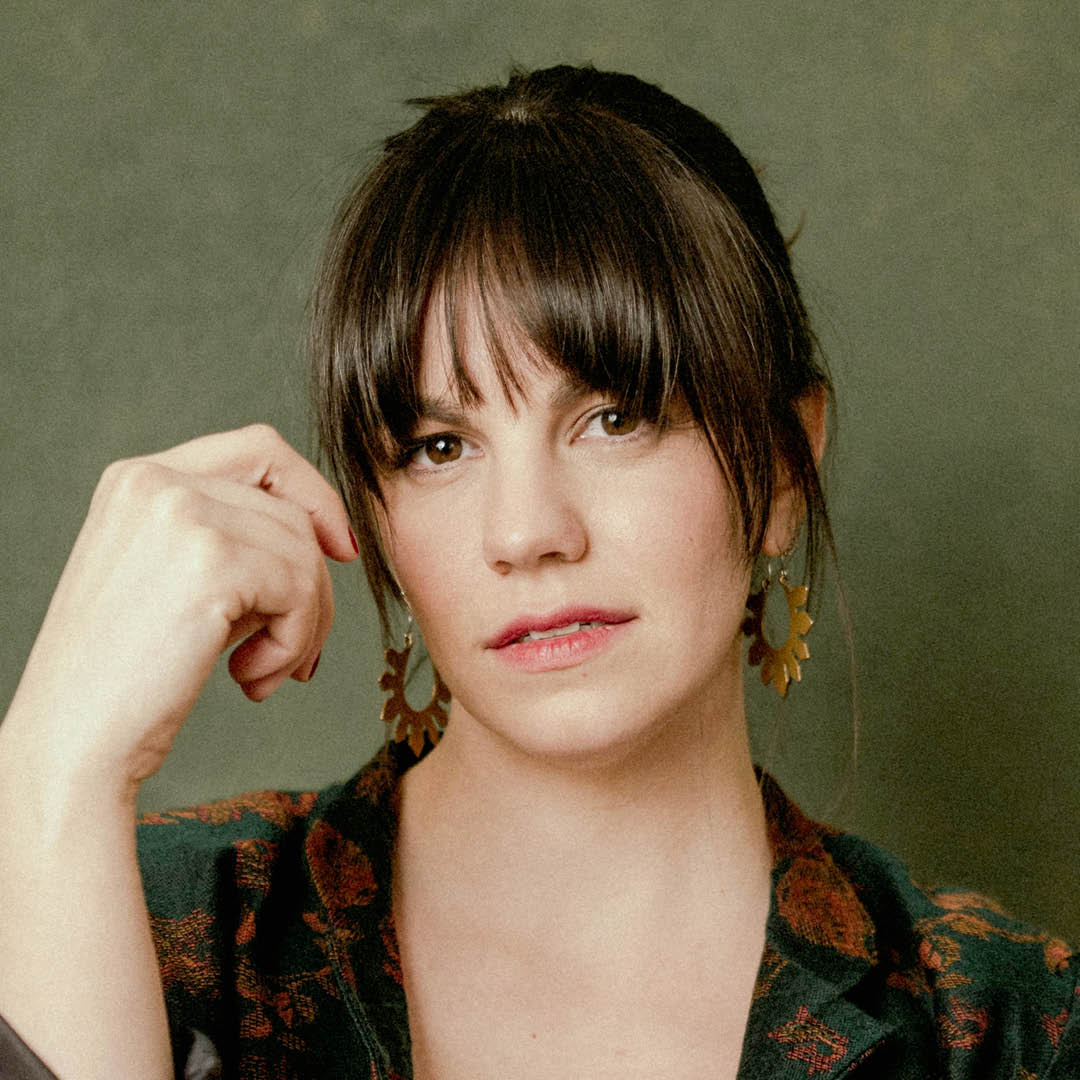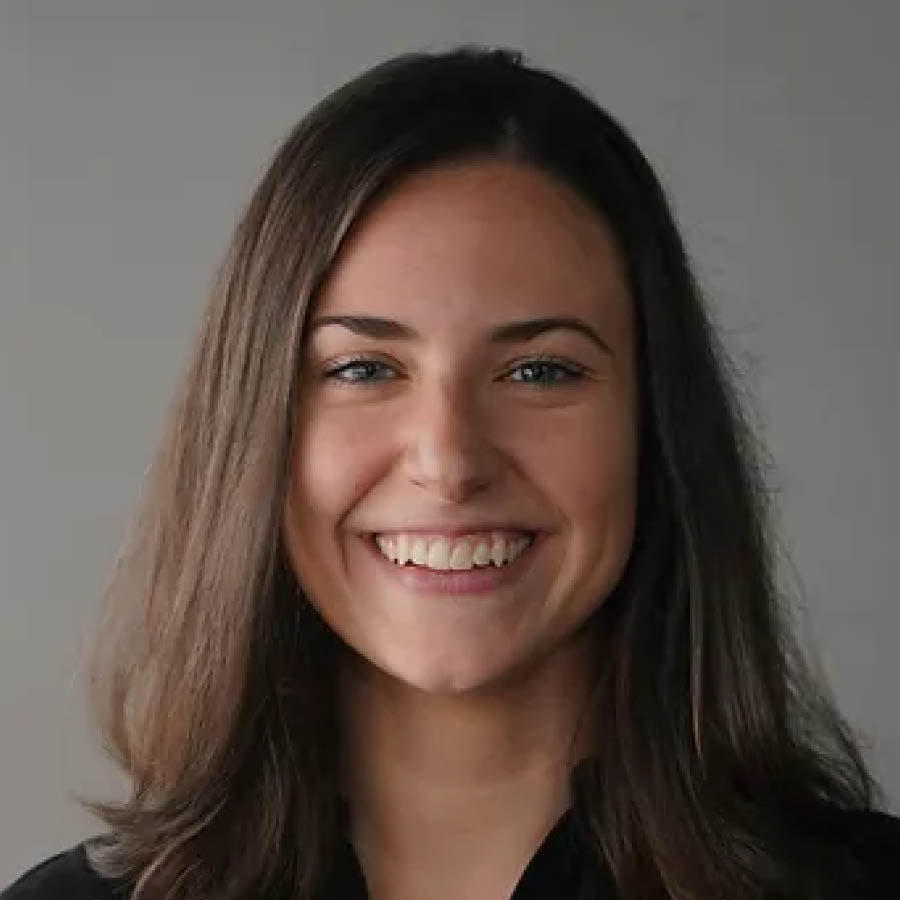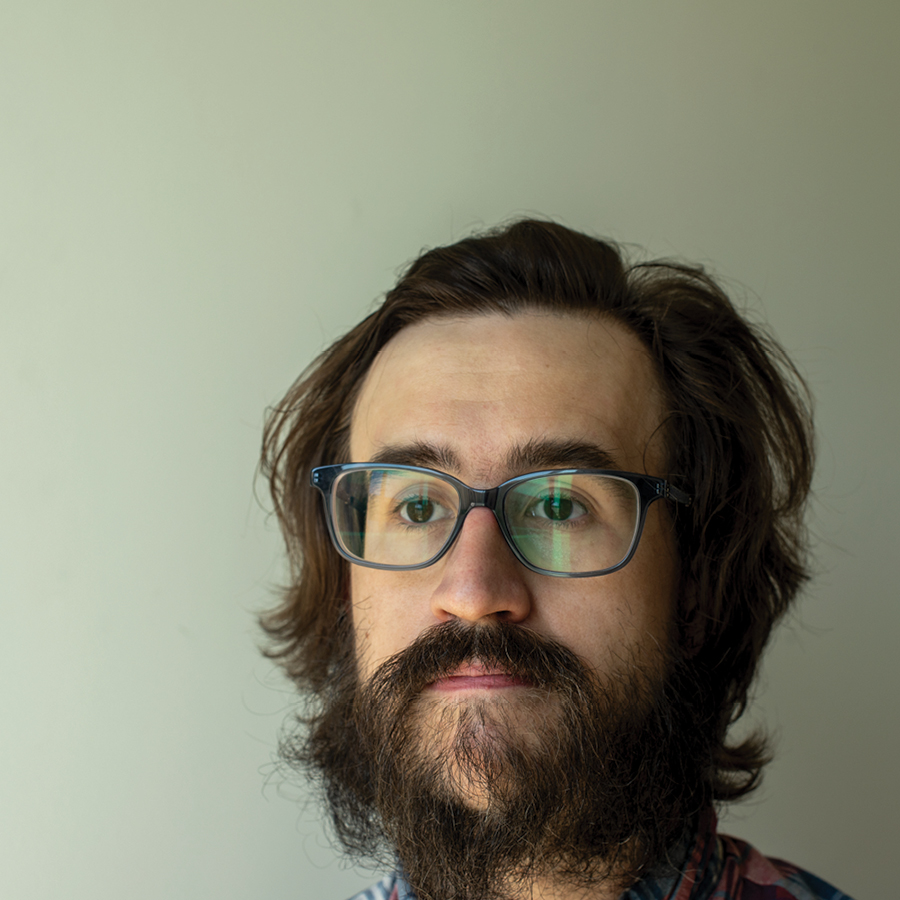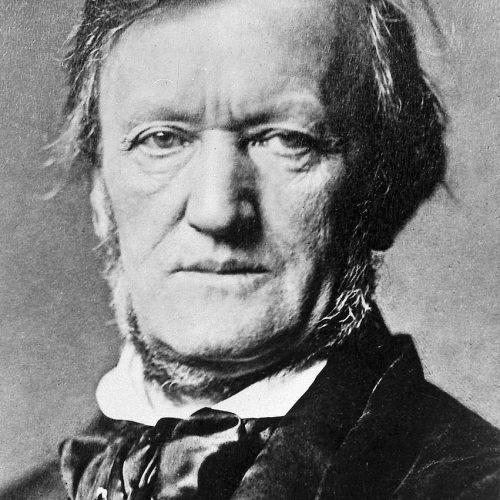ACT I
In his cave in the forest, the dwarf Mime forges a sword for his foster son Siegfried. He hates Siegfried but hopes that the boy will kill the dragon Fafner, who guards the Nibelungs’ treasure, so that Mime can take the all-powerful ring from it. Siegfried arrives and smashes the new sword, raging at Mime’s incompetence. Having realized that he can’t be the dwarf’s son, as there is no physical resemblance between them, he demands to know who his parents were. For the first time, Mime tells Siegfried how he found his mother, Sieglinde, in the woods, who died giving birth to him. When he shows Siegfried the fragments of his father’s sword, Nothung, Siegfried orders Mime to repair it for him and rushes out.
As Mime sinks down in despair, a stranger enters. It is Wotan, lord of the gods, in human disguise as the Wanderer. He challenges the fearful Mime to a riddle competition, in which the loser forfeits his head. The Wanderer easily answers Mime’s three questions about the Nibelungs, the giants, and the gods. Mime in turn knows the answers to the traveler’s first two questions but gives up in terror when asked who will repair the sword Nothung. The Wanderer admonishes Mime for enquiring about faraway matters when he knows nothing about what closely concerns him. Then he departs, leaving the dwarf’s head to “him who knows no fear” and who will re-forge the magic blade.
When Siegfried returns demanding his father’s sword, Mime tells him that he can’t repair it. He vainly tries to explain the concept of fear to the boy and, in order to teach him, proposes a visit to Fafner’s cave. Siegfried agrees and enthusiastically begins to forge the sword himself. While he works, Mime prepares a sleeping potion to give to Siegfried once he has killed Fafner. Flashing the finished sword, Siegfried smashes the anvil in half and runs off into the forest.
ACT II
The same night, Mime’s brother Alberich is hiding by the entrance to Fafner’s cave, obsessed with winning back the ring for himself. The Wanderer enters and tells the Nibelung to watch out for Mime. He then wakes Fafner and warns him that a young hero is on his way to kill him. Unimpressed, the dragon goes back to sleep.
As Dawn breaks, Mime and Siegfried arrive. Caught up in the peaceful beauty of the woods, Siegfried thinks about his parents. He tries to imitate the song of a bird on a reed pipe but fails and blows his horn instead. This awakens Fafner, and in the ensuing fight Siegfried kills the dragon. With his dying words, Fafner warns the boy of the destructive power of the treasure. When Siegfried accidentally touches a drop of Fafner’s blood to his lips, he suddenly understands the singing of the bird, which directs him to the gold in the cave. Alberich and Mime appear quarreling but withdraw as Siegfried returns with the ring and the Tarnhelm. The bird warns Siegfried not to trust Mime, and when the dwarf offers him the potion, Siegfried kills him. The bird then tells Siegfried of a beautiful woman named Brünnhilde, asleep on a mountain surrounded by fire. He sets out to find her.
ACT III
High on a mountain pass, the Wanderer summons Erda, goddess of the Earth, to learn the gods’ fate. She evades his questions, and he resigns himself to the impending end of the gods’ reign. His hope now rests with Brünnhilde and Siegfried. When Siegfried approaches, making fun of the god whom he takes for a simple old man, the Wanderer attempts to block his path. With a stroke of his sword, Siegfried shatters the Wanderer’s spear—the same spear that smashed Nothung to pieces years before. Defeated, the Wanderer retreats.
Siegfried reaches the mountaintop where Brünnhilde sleeps. Never having seen a woman before, he thinks he has discovered a man. When he removes Brünnhilde’s armor, he is overwhelmed by the sight of her beauty and finally realizes the meaning of fear. Mastering his emotions, he awakens her with a kiss. Hailing the daylight, Brünnhilde is overjoyed to learn that it is Siegfried who has brought her back to life. She tries to resist his declarations of passion, realizing that earthly love must end her immortal life, but finally gives in and joins Siegfried in praise of love.
courtesy Opera America
